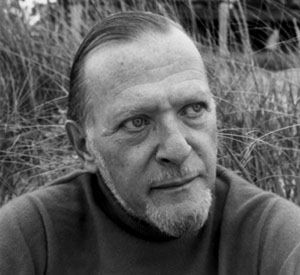The directory «Plots»
Rose Reginald
(1920—2002)

Reginald Rose was an American film and television writer most widely known for his work in the early years of television drama. Rose's work is marked by its treatment of controversial social and political issues. His realistic approach helped create the slice of life school of television drama, which was particularly influential in the anthology programs of the 1950s. Born in Manhattan, Rose attended Townsend Harris High School and briefly attended City College (now part of the City University of New York) before serving in the U.S. Army in 1942-46, where he became a first lieutenant. He sold his first teleplay, Bus to Nowhere, in 1950 to the live CBS dramatic anthology program Studio One, for which he wrote Twelve Angry Men four years later. This latter drama, set entirely in a room where a jury is deliberating the fate of a man accused of murder, was inspired by Rose's service on just such a trial. Rose received an Emmy for his teleplay and an Oscar nomination for its 1957 feature-length film adaptation. Rose wrote for all three of the major broadcast networks of the 1950-80 period. He created and wrote for The Defenders in 1961, a weekly courtroom drama spun off from one of Rose's episodes of Studio One; The Defenders would go on to win two Emmy awards for dramatic writing. Rose was a screenwriter, beginning with Crime in the Streets (1956), an adaptation of his 1955 teleplay for The Elgin Hour. He made four movies with the British producer Euan Lloyd: The Wild Geese, The Sea Wolves, Who Dares Wins and Wild Geese II. Rose was married twice, to Barbara Langbart in 1943, with whom he had four children, and to Ellen McLaughlin in 1963, with whom he had two children. He died in 2002 from complications of heart failure.
Guinea, 2000, Henry Fonda in «12 Angry Men»
Guinea, 2008, «12 Angry Men»